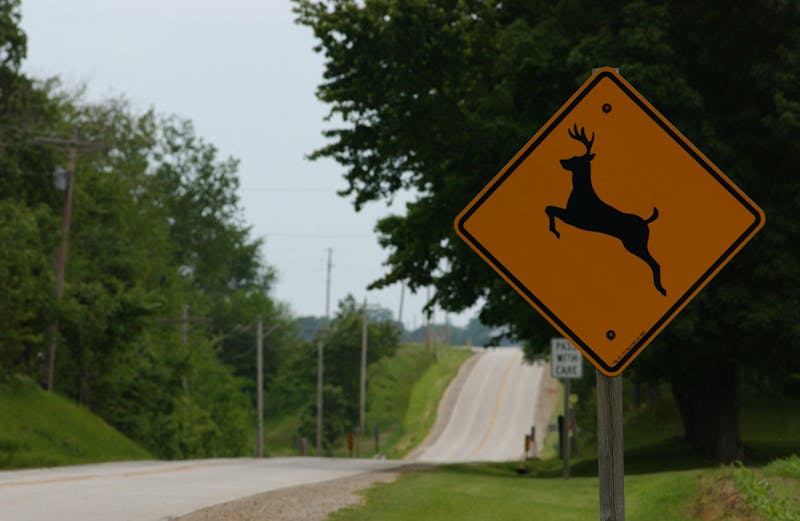In Texas, it is not only possible that a driver could crash into an animal on the road—in many areas, it is highly likely. In 2016, car crashes involving deer made up a large percent of all car accidents, and with the abundance of livestock throughout the state, it is not unusual for cattle, sheep, and goats to cause accidents on the roads.
The response to a crash caused by an animal in Texas greatly depends on the specific accident, what type of animal it was, and what county the accident occurred in. If the animal was domestic—like a dog or cat belonging to another person—it is likely that that the owner of the animal may be at least partially responsible.
In many Texas counties, dog owners must never allow their dog to roam loose, and it is reasonable to expect this responsibility to extend to cats and other pets. If, however, the driver approaching the animal swerved to avoid it and hit another car, they themselves could be partially responsible for the accident. If they slammed on their brakes to avoid hitting the animal, and were hit from behind, the other driver could also be partially responsible for following too closely.
These scenarios highlight just how important the specific details of any case are. Texas allows multiple parties to be held at fault for an accident, so when multiple people are involved, the cause and fault of the accident will vary greatly.
When the animal belongs to someone but is livestock rather than a pet, it can become even more complicated. Texas was once a free-range state, meaning landowners and farmers were not responsible for keeping their animals contained at all times. Some counties changed those laws under legislation known as stock laws, but those laws vary from county to county.
While some counties require farmers and livestock owners to keep their animals contained, this is not true for all Texas counties. It will depend on which county the accident happened, and what the stock laws are in that county.
In the case of an accident involving wildlife such as deer or the feral hogs that populate Texas, there may be no one at fault if only one vehicle was involved. However, this does not always make things simpler for the driver, as not all insurance policies will provide coverage for these accidents. Typically, insurance policies that only include liability insurance will not cover it, but those with comprehensive insurance likely will.
Unfortunately, many drivers do not know what type of car insurance they carry, or they purchased it so long ago that they have forgotten if it is comprehensive or not. For this reason, it is important to read insurance policies thoroughly or contact the insurance company to determine what type of insurance is available after any accident. And of course, if there are severe injuries, all injured individuals should make getting medical treatment their first priority.


